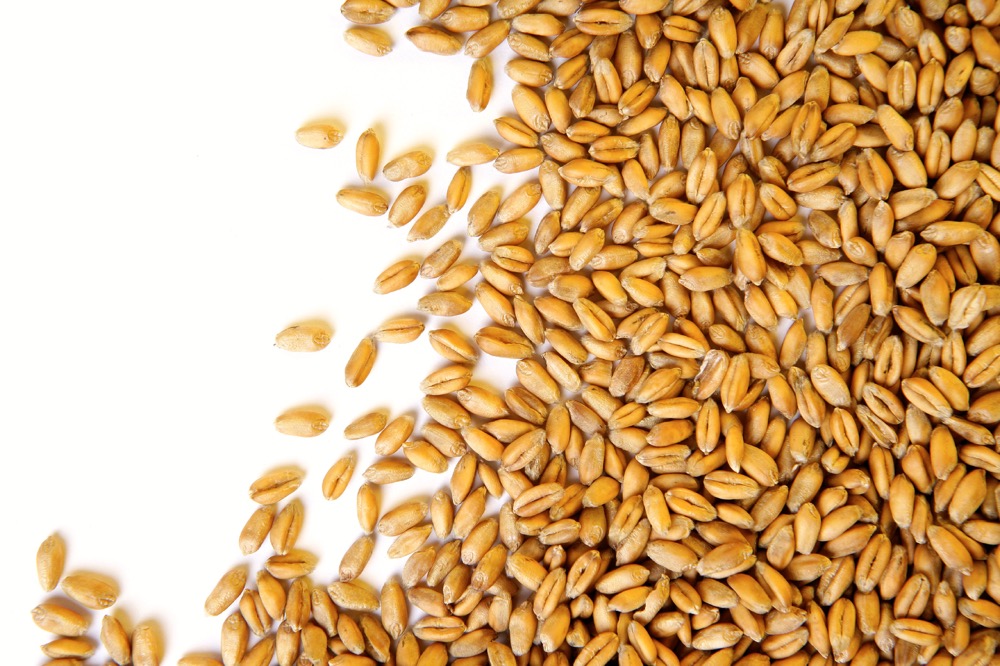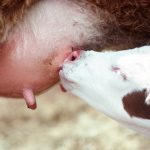Cape Town | Reuters — South Africa needs approval from trade partners, including the European Union, before meat exports resume after the country was declared free of foot and mouth disease (FMD) this week, senior officials said Wednesday.
South Africa was banned from exporting all cloven-hoofed animals — such as cattle, goats and sheep — and their products since an FMD outbreak in 2011 which has cost the industry an estimated 3 billion rand ($276 million) a year in lost exports.
The International Scientific Commission for Animal Diseases, a specialist body of the World Organization for Animal Health (OIE), this week found South Africa had met all conditions to regain its FMD-free status.
Read Also

IGC raises 2025/26 world wheat crop forecast
The International Grains Council has raised its forecast for 2025/26 global wheat production with crop outlooks upgraded for Russia, the United States and Argentina.
However, lifting the finding had no bearing on whether individual countries or trade blocks rescind import meat bans.
“There are different authorities in countries which decide to impose the ban,” said Edith de Vries, director general at the Department of Agriculture, Forestry and Fisheries.
But, she said at a briefing, “we don’t expect we have to go to countries with a piece of paper saying we qualify now.”
South Africa’s veterinary authority and those of its trade partners were negotiating the resumption of exports, Mpho Maja, the department’s director of animal health, told reporters.
The European Union imported about 500 tonnes of venison a year until three years ago, with meat exports also going to the Middle and Far East as well as neighbouring African countries.
Authorities are unsure what caused the initial outbreak of the highly contagious viral disease which causes lesions and crippling, but have ruled out it spreading from Mozambique into South Africa’s neighbouring Kwa-Zulu Natal province.
Government officials suspect wild buffalo, natural FMD carriers may have been responsible. FMD does not affect humans.
South Africa will deploy 27 fully-equipped mobile clinics to expand veterinary services and use uniquely coded tags to track and trace every animal in FMD areas, part of plans to remain disease free in future.
— Reporting for Reuters by Wendell Roelf in Cape Town.











